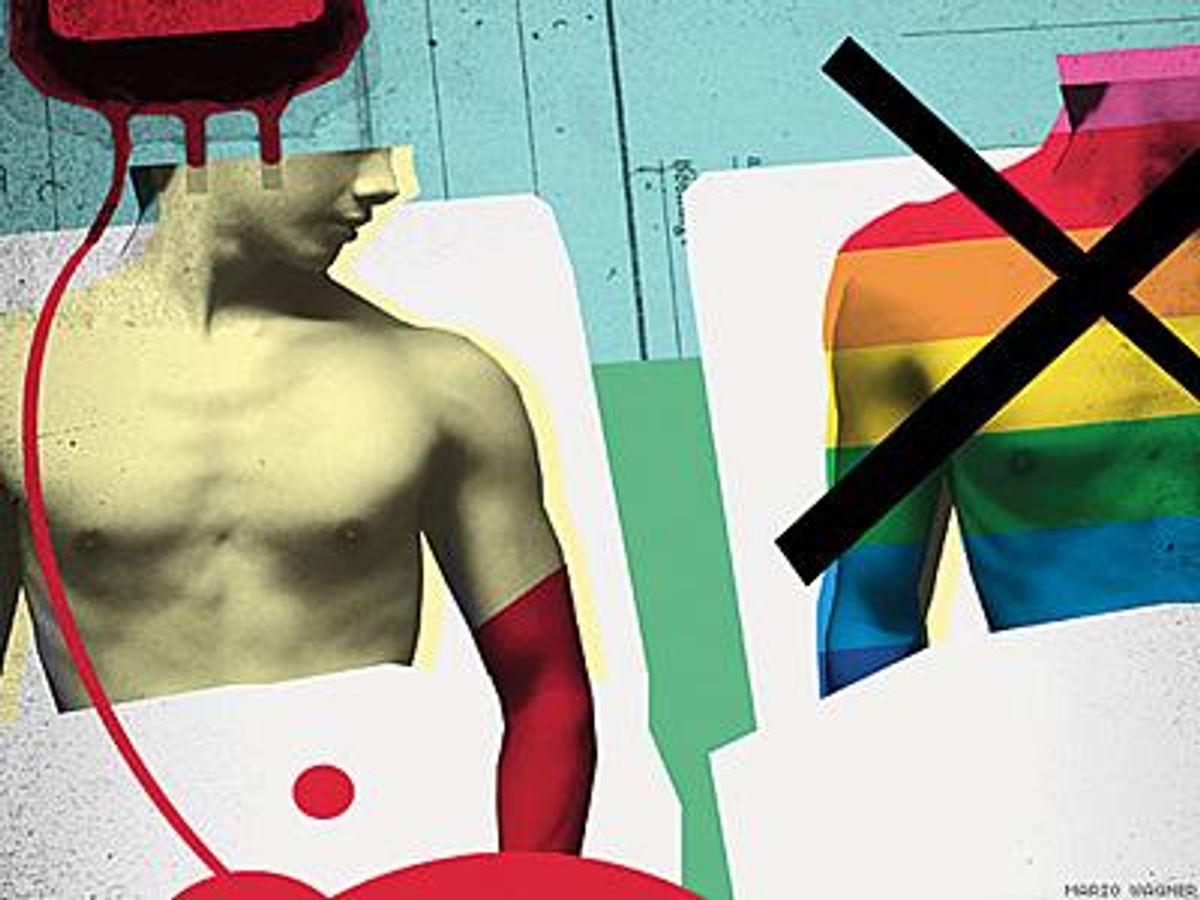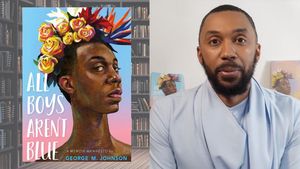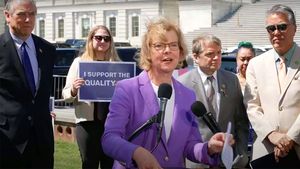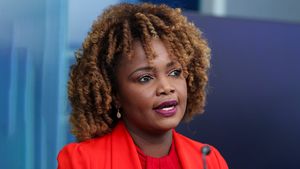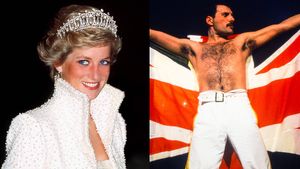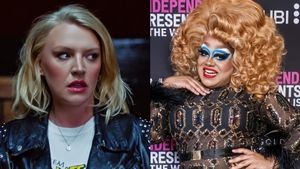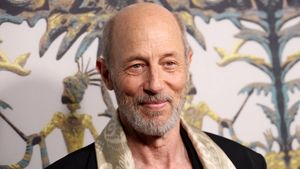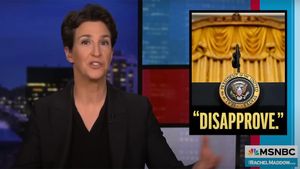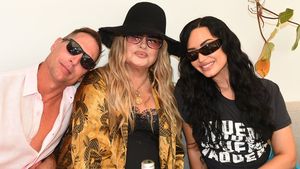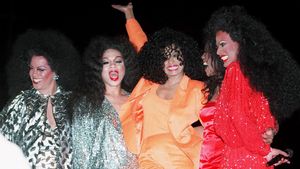Since 1983, any man who has had sex with another man since 1977 is prohibited by Food and Drug Administration regulation from donating blood. Equality California says the ban is "discrimination."
But is it?
First, we know that men who have sex with men have a disproportionate rate of HIV infection in the U.S. Despite this viral burden, MSM testing rates are lower. In a 2008 study, published in 2010 by the Centers for Disease Control and Prevention, researchers found found that nearly one in five gay and bisexual men were HIV-positive, and 44 percent of those who were infected were unaware of it until their participation in the study. In younger MSM, serostatus knowledge is even worse, hitting a whopping 60 percent of infected but unaware.
Equality California claims we have the science to address this issue. That's somewhat true. Current antibody tests can detect infections as early as 10 days after infection begins. We could also do a combination of antibody testing and viral load screenings — since a viral load will climb before antibodies are established in the body. That could cut detection windows to a few days. But a viral load test is not authorized for diagnostic purposes. Worse, it is twice the cost of an antibody test. A 2011 study found mandated testing for blood cost $50 for each unit of blood or blood product. That's the cost of one viral load test, excluding the equipment to conduct the test. So adding a viral load test to each unit of blood could double the mandated testing costs.
The estimated increase in units available by lifting the ban could potentially offset the cost increase, however. The Williams Institute reports that a removal of the deferral/ban on gay blood could result in 219,200 units of blood from 130,315 people.
The FDA has agreed that the ban is problematic and has requested further study on the matter. The question is, Do we allow science — which takes its own sweet time — to work, or do we demand that President Obama order the Department of Health and Human Services to lift the ban before the science is in? That's what Equality California wants to do.
